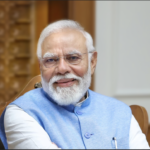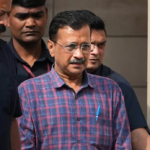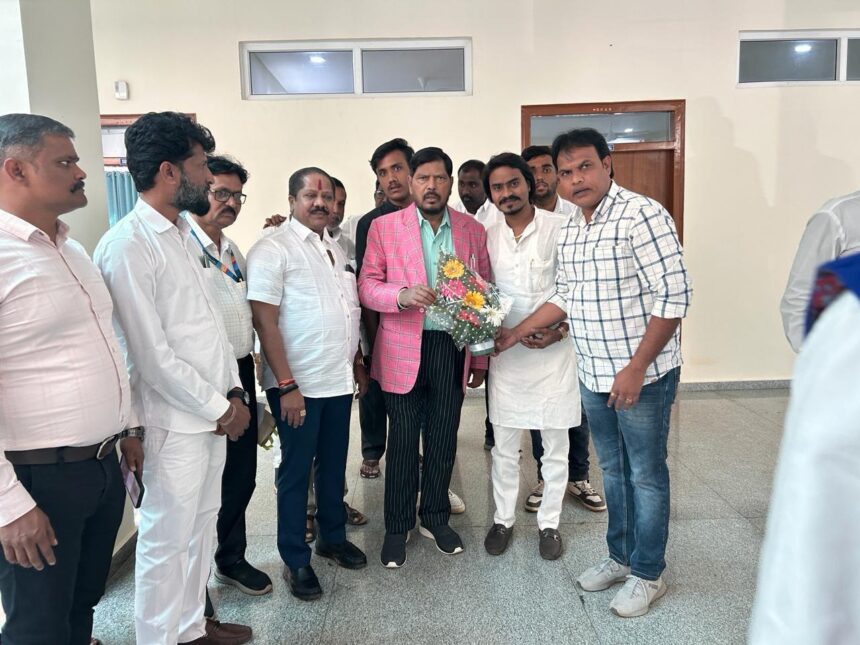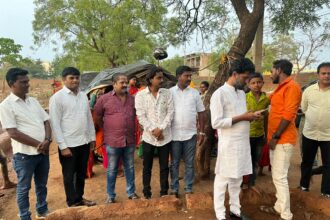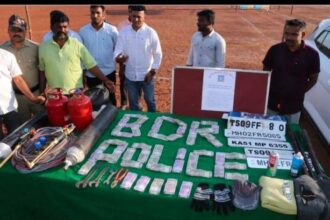Introduction of the Mr. Ramdas Athawale
In a significant move for social justice, Cabinet Minister of Central for Social Justice and Empowerment of India, Mr. Ramdas Athawale, recently visited Bidar, where he was warmly welcomed by Sri Bharath Kamble. A visionary leader and advocate for social justice, Athawale continues to make impactful strides in Indian politics and beyond.
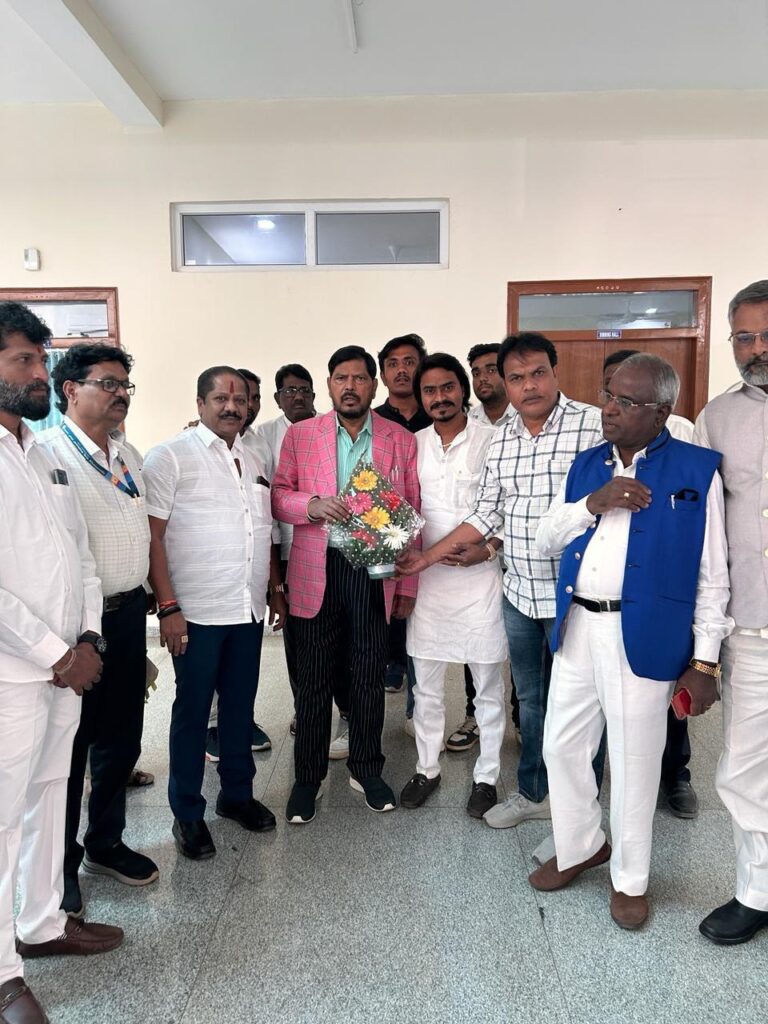
In the realm of Indian politics, few figures have left an indelible mark on the landscape quite like Ramdas Bandu Athawale. Born on December 25, 1959, in Agalgaon, Sangli district, Maharashtra, Athawale is more than just a seasoned politician; he is a social activist, trade unionist, and a driving force in the pursuit of a more equitable society. Let’s delve into the multifaceted journey of this dynamic individual who currently serves as the Minister of State for Social Justice and Empowerment in the Government of India.
Early Life and Academic Background
Ramdas Athawale’s roots trace back to Agalgaon, where he was born to Bandu Bapu and Honsabai Bandu Athawale. His journey into the political arena began after completing his education at Siddharth College of Law, Mumbai. In 1992, he entered into matrimony with Seema Athawale, and the couple is blessed with a son. Athawale’s commitment to Buddhism is a testament to his diverse interests and dedication to spiritual pursuits.
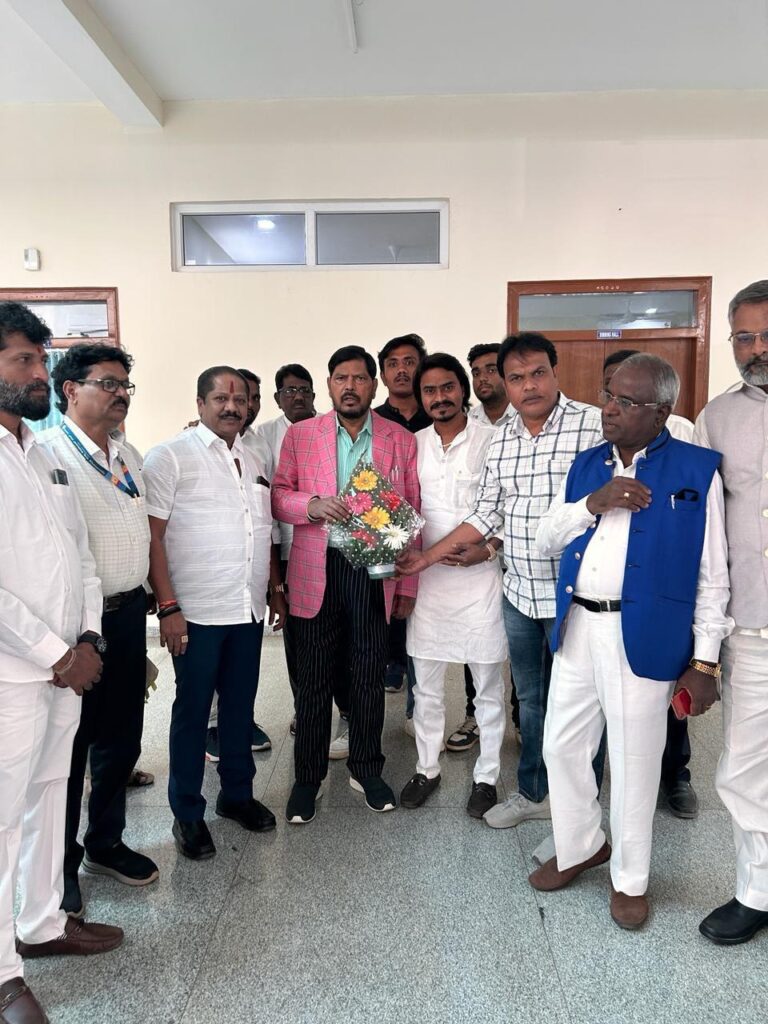
Political Odyssey
Maharashtra Legislative Council and Cabinet Minister
Athawale’s political career gained momentum when he became a member of the Maharashtra Legislative Council from 1990 to 1996. His tenure as the Cabinet Minister for Social Welfare, Transport, Employment Guarantee Scheme, and Prohibition Propaganda from 1990 to 1995 showcased his commitment to social upliftment and legislative acumen.
Lok Sabha Representation
The political landscape saw Athawale representing the Pandharpur constituency in the Lok Sabha from 1999 to 2009 and later the Mumbai North Central Lok Sabha constituency from 1998 to 1999. Despite being perceived as a lightweight in state politics, his influence was acknowledged, leading to alliances and realignments within political spheres.
Rajya Sabha and Minister of State
In 2014, Athawale was elected to the Rajya Sabha, solidifying his presence in the upper house of the Indian Parliament. His ascent continued when he assumed the role of Minister of State in the Ministry of Social Justice and Empowerment in 2016. Working under various leaders, including Thawar Chand Gehlot, he demonstrated a commitment to the welfare of marginalized communities.
Advocate for Dalits and Social Reform
Athawale’s impact extends beyond politics, particularly in advocating for the rights and well-being of Dalits. In the wake of attacks on Dalits in Haryana in 2015, he called for special protection squads led by senior police officers. His suggestion that Dalits embrace Buddhism to escape “atrocities” underscores his commitment to social reform.
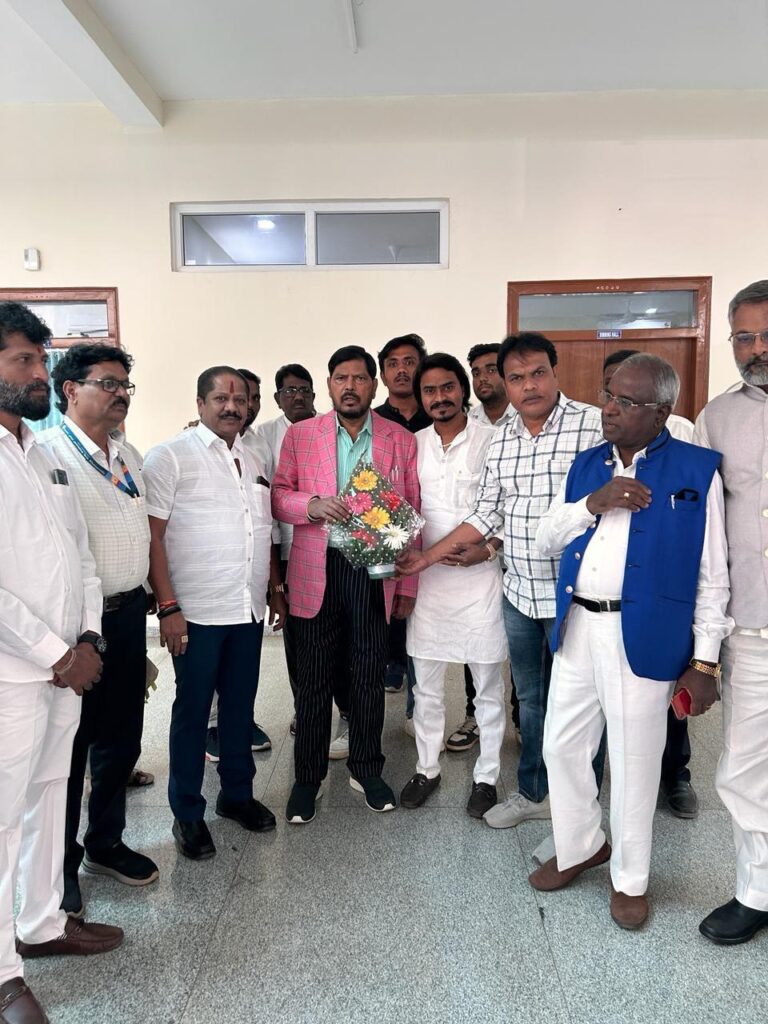
Controversies and Advocacy for Reservation
While Athawale has been a vocal advocate for Dalit rights, his stance on reservation extends beyond caste lines. He has called for reservations for economically disadvantaged upper-caste communities, emphasizing the need for transparency in caste-based information collected during the 2011 Census of India.
Vision for Sports and Armed Forces
Athawale’s influence also extends to sports, where he proposed a 25 percent reservation quota for Dalits, including in cricket, following India’s defeat in the 2017 ICC Champions Trophy Final against Pakistan. Furthermore, he advocates for a quota regime in the armed forces and increased reservations in government jobs and educational institutions for economically disadvantaged sections.
Conclusion
Ramdas Athawale’s journey is marked by a relentless pursuit of social justice and empowerment. From his early days as a trade unionist to his current role as a key political figure, Athawale’s impact resonates across various spheres. His vision for a more inclusive and equitable society, coupled with pragmatic policy advocacy, cements his position as a visionary leader in the tapestry of Indian politics.



